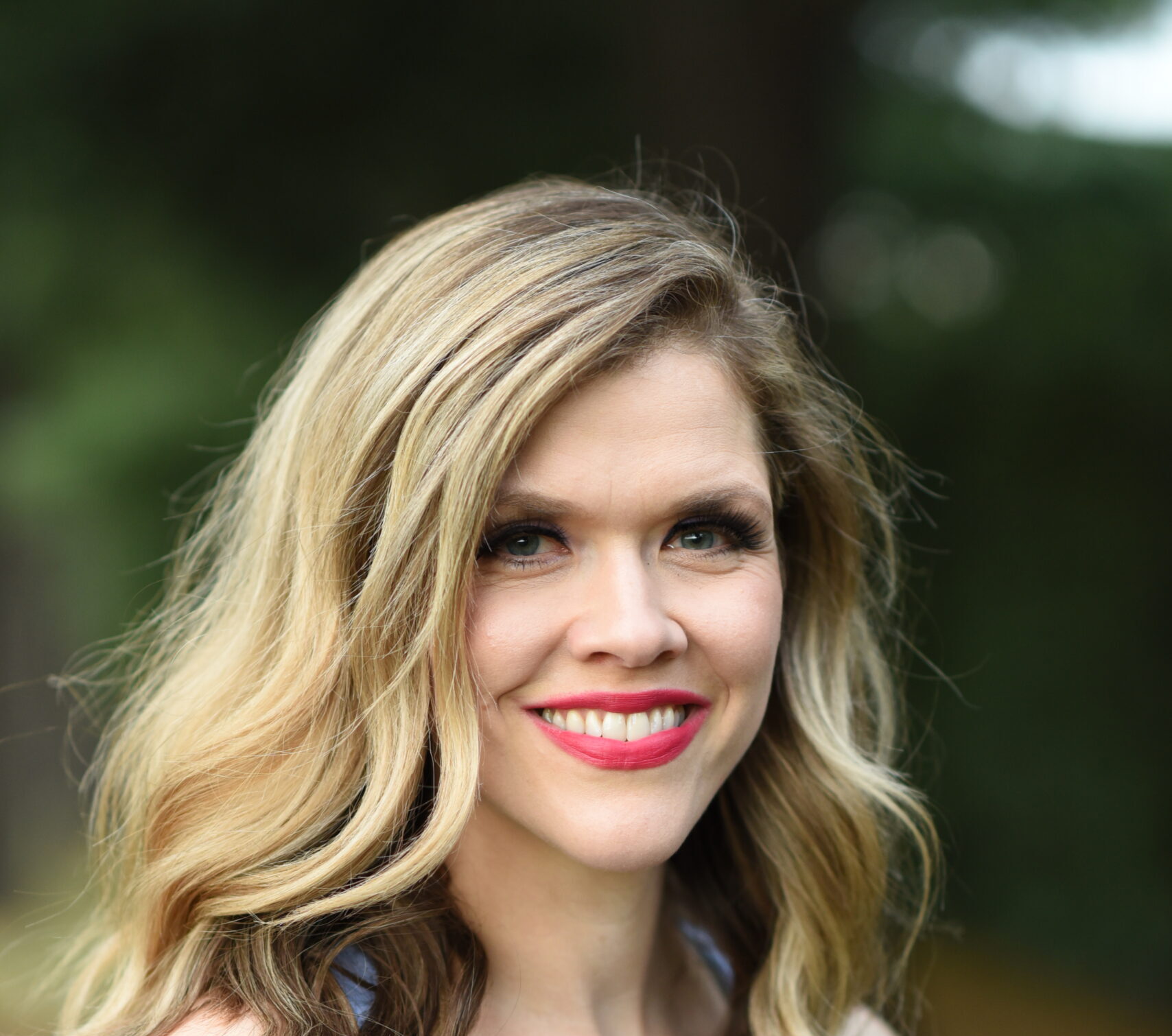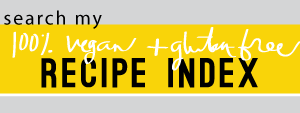[It may be helpful to read this previous post as well as this one, for more info on the topics discussed]
I get a lot of positive responses to this blog, for which I appreciate, but yesterday something different happened, for the first time. Someone submitted comments (which I’m unwilling to actually post other than to mention here; if someone wants to make statements like these, I think they ought to have the gumption to say who they are) that were extremely negative and accusatory. I think the first indication that these comments might be hostile, is that whoever left these comments did so under the guise of “anonymous” and anyone unwilling to tag their name with blanket and accusatory statements says something about the integrity of the individual and the statements that s/he is making.
I have no desire to carry on debate, especially with anyone that is not open to any other ideas other than their own (which sounds like this is the case with said commenter). That said, while this may be beating the proverbial dead horse (discussing this topic of kids on a vegan diet), I feel the issue at hand is important enough to address, considering that I know there’s a lot of fear-mongering out there (if you don’t give your kids milk they will grow up to be dwarfs!, for example). I have discussed the topic of why consuming animal products, especially in large amounts as we do here in the U.S. of A, is not a healthful practice, ESPECIALLY with, but not solely limited to, children in great detail already and my stance is not simply my opinion or solely based on personal experience. There are literally thousands of peer-reviewed research studies done on the benefits of a plant-based diet which is not limited to just adults. If you’re unfamiliar with what is out there, I recommend beginning with The China Study, by T.C. Campbell and going from there. Drs. John McDougall, Caldwell Esselstyn, Dean Ornish, Joel Furhman, Neal Barnard, Pam Popper, T.C. Campbell, are just some examples of the many professionals in the medical/nutrition science field who have had tremendous success reversing a slew of degenerative diseases with a low fat vegetarian/vegan diet. Not only that, animal protein is a proven carcinogen, meaning a cancer promoter and is linked with all sorts of cancer and disease. See http://www.pcrm.org/ or some of the links under the resources tab on the side bar of my blog for more info.
So lets look at what this person said, which reveals what many people might think, or reservations that many people might have.
Comment #1: You Have An Eating Disorder!!!!!!!!!! Don’t make your poor kids suffer because of your food issues! They look terribly skinny! Where are child protective services?
Thank you for the personal attack, I’ve been needing some of those.
Why must I have an eating disorder? I am thin, but not underweight or weak. My BMI is 20, certainly in a healthy range. I carry a lot of lean muscle mass through doing pilates, yoga and some strength training and I can run 8 miles without much effort. I don’t know how I could do these things if I was not eating optimally or if my diet was deficient. I think Americans are so used to seeing people 10, 20, 50 lbs. or more overweight, that to see someone who is thin and trim, well the automatic assumption is that they must have an eating disorder such as anorexia or bulimia, which is not a fair or an accurate conclusion. I didn’t not lose weight and continue to maintain my current weight by starving myself, using diet pills, surgery, or other highly unnatural methods of weight loss/maintenance. Instead I eat. I eat frequently and a lot. I eat whole plant foods. Is this considered a “food issue,” because if it is, I wonder what we would term people who eat food that is not really food because it is so highly processed and refined, or people who have an obsession/addiction with chocolate, cheese, or any other rich nutrient-deficient food?
Food issues? I don’t understand what this means. Because I have decided to take my health into my own hands by eating in such a way that gives me energy, makes me feel great on so many levels (clear skin, shiny hair, no need to worry about constipation, indigestion, bloating, ect.), and does not require that animals need to be killed, I have food issues? Further, I no longer am in the cycle of dieting and negative self-talk. You know, the stuff we tell ourselves, like, I’m going to eat better tomorrow, or tomorrow I’m going to stop eating this garbage that makes me sick and fat. Instead, I think I have a pretty healthy relationship with food. Basically, I see food as a way to get the energy I need to do the things I want to do, like caring for my children, running, and doing the other fun, necessary, and even mundane things of life.
And having my children referred to as terribly skinny. That’s a first. They are certainly not overweight and chubby as many children are. They do not suffer as suggested, instead they have never had ear infections, complain of “tummy aches,” head aches, or other sicknesses, as is commonplace amongst many children. They enjoy boundless amounts of energy and vitality and will grow up eating AND liking literally hundreds of different plant foods, that many adults have never even tried.
Comment #2: Professor Allen said: “There have been sufficient studies clearly showing that when women avoid all animal foods, their babies are born small, they grow very slowly and they are developmentally retarded, possibly permanently.”
There’s absolutely no question that it’s unethical for parents to bring up their children as strict vegans. Professor Lindsay Allen, US Agricultural Research Service, “If you’re talking about feeding young children, pregnant women and lactating women, I would go as far as to say it is unethical to withhold these foods [animal source foods] during that period of life.”
This comment refers to a professor who in a nutshell, did a study with malnourished Kenyan children. The children were underweight and clearly malnourished due to lack of food availability/famine conditions. Their diet consisted of a few plant food staples, one of which was low-nutrient corn. Some of the children in the study had small amounts of milk and meat added to their diet, and in doing so quickly improved in terms of weight gain, energy levels, academic performance ect.
Lest we get carried away and start making all sorts of generalized conclusions as the commenter did above (along with the British media), it’s important to point out a few things. First, the children’s diet was vegan, and it WAS deficient! Gasp! Did I actually say that? Can vegan diet be deficient? Certainly! Just as an omnivorous diet can be deficient. These children live in a state of poverty, where they are no stranger to famine conditions where food, especially a variety of food is not available. I, along with other, proponents of a whole plant-foods diet, recommend eating a wide VARIETY of fruits, vegetables, grains, legumes, nuts/seeds. By doing this, along with meeting your specific daily caloric needs you will get enough iron, zinc, protein, and other macro and micro nutrients that were of concern in this study. The exception is vitamin b-12, which the body needs in very small amounts (about 5 mcg daily for adults) and can be achieved through taking a supplement, eating a very small amount of animal food, or through fortified foods like brewer’s yeast & plant milk like soy milk. [It’s important to note here that most of the cases of b-12 deficiency occur in meat eaters usually due to not absorbing the nutrient properly, so it’s not just a “vegan” issue]. You can get a nutrient, like iron for example, but if you’re not creating the ideal environment for it’s absorption it will not be absorbed and assimilated. Dairy products for example, inhibit iron absorption while foods rich in vitamin C, increase the bioavaliability of iron.
The key to eating optimally is variety (not just eating broccoli or just brown rice, which are high in certain nutrients but low or deficient in other nutrients, for example) with little or no addition of animal foods (less than 10% of total calories from animal foods).
The biggest issue with these Kenyan children seems obvious: they were clearly lacking in calories, therefore lacking in protein, carbohydrates, and fats along with certain micro nutrients because their diet was not varied enough. Adding calories, through animal foods, caused a positive outcome, in that the children did receive needed lacking nutrients. However, I’m sure if the study had used high quality plant foods such as nut butters, whole soy products, green leafy vegetables, or other such things, the outcomes would have been similar if not better.
As for pregnant and lactating women, a vegan diet can more than supply adequate nutrients for this special time of growth (I’ve been pregnant twice and breastfeeding for 3 years on a vegan diet with no problems at all!). Check out the book, Becoming Vegan, for more info on this.
Comment #3: Dont vegan babies suffer from failure to thrive? Why put your childs health at risk for your political views? Seems pretty evil/selfish to me.
I think it’s worthwhile to briefly address a few issues…
The best food for babies is mother’s milk. Babies will fail to thrive if they are not getting adequate nutrients and calories from the proper sources (breast milk and then later the addition of fruits, vegetables & starches such as sweet potatoes & squash for example). A concern for vegan mothers may be the b-12 issue, but if they are taking 5 mcg a day (a very scant amount, most supplements are about 500 mcg) their milk will have enough of this nutrient.
I don’t encourage anyone to make uninformed, uneducated decisions, especially as it pertains to something as critical as your diet and health. So read, read, read, keep an objective and open mind, and for heaven’s sake, don’t just eat one food! If you’re going vegan, stick with REAL FOOD, not processed refined stuff like veggie dogs, refined sugars, oils, and flours, potato chips, and soda pop (all vegan, but NOT health promoting). As I’ve said before, it’s much better to eat a diet consisting primarily of unprocessed plant foods with a very small (2-3 times a week) of ORGANIC meat & eggs than it is to eat a vegan diet that is either not varied enough and/or made up of primarily refined foods. Dairy products should be eliminated for everyone. Check out Dr. McDougall’s free video, entitled “Marketing Milk & Disease” at http://www.drmcdougall.com/store_electures.html (you have to scroll down quite a bit and click on download for free).
I think the true risk that people put their children in, is the risk of developing heart disease, juvinile diabetes, obesity, among other states of poor health. Children as young as 2 years old who consume the SAD (standard American diet) show signs of beginning atherosclerosis (fatty streaks in the arteries caused by high-fat, high-cholesterol animal foods). Feeding our children a diet centered around animal fat and protein and processed/refined foods is abominable. The typical kid eats macroni & cheese (animal protein, processed, refined, high in fat), hot dogs, chocolate milk (high in sugar & casein/animal protein), sugary drinks, candy, chips, french fries, sugary yogurts that have more sugar than a candy bar, ect. What do I feed my kids? Whole grain breads & pastas, whole grains such as quinoa, millet, and brown rice, wide variety of legumes such as tofu, fruits, vegetables, and nuts/nut butters. Anyone with any common sense can see that the later scenario is much better than what most kids are eating.
As far as me being vegan as a political statement. As much as I believe in causes, I have to admit I’m not much of an activist. What I mean by that, is as much as I disagree with the unethical treatment of animals, I’m not sure if that were the only reason for me being vegan that that it would be enough. The bottom line for me is this: I feel so much better eating this way, and I would never go back to feeling sick, no-energy, nauseated, ect. as I did previous to these dietary changes.



Comments